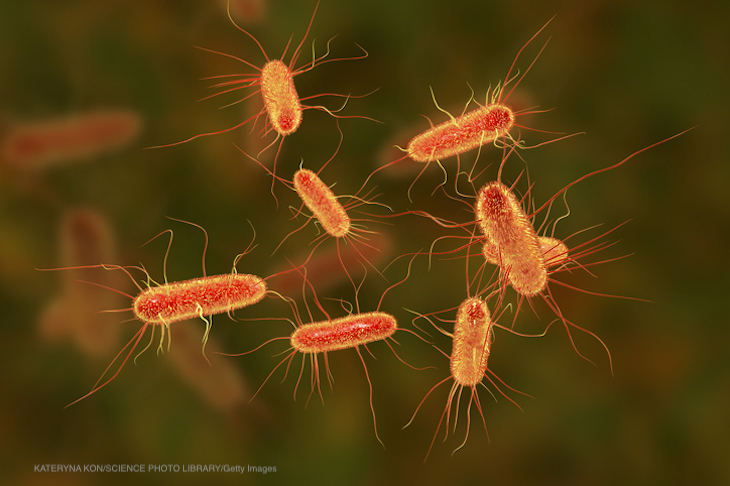The Lehi E. coli outbreak has now sickened 12 people, according to Lehi City. That is an increase of four more patients since the outbreak was reported on August 8, 2023. Utah officials found E. coli O157 in pressurized irrigation water sources. The samples were taken from a pressurized irrigation water reservoir and nine exposure sites on Monday, August 14, 2023.

The investigation linked the source of the outbreak to using this water for drinking, sprinklers, and slip-n-slides. Pressurized irrigation water is not treated, which means it can be contaminated with pathogens. Pressurized irrigation water is not connected to the city’s culinary drinking water system.
Residents are strongly advised to exercise caution when eating uncooked produce from backyard gardens that have been irrigated using this water. Handle this produce carefully, do not put it in your refrigerator unless it is double bagged, and avoid cross-contamination with other foods. Thoroughly cook these fruits and vegetables before eating them, since the pathogen is destroyed by heat. Washing the produce may not eliminate the bacteria.
To help stop this outbreak, officials are reminding residents that irrigation water is not for drinking and it should not under any circumstances be used for drinking. The Centers for Disease Control and Prevention is recommending that residents not water their lawns at this time. And don’t use irrigation water for bounce houses, swimming pools, slip-n-slides, or any other recreational use.
Use caution when letting kids play on lawns that have been watered with irrigation water. And make sure that when they are playing outside that they don’t put their hands that may have touched on the lawn in their mouths. E. coli can remain on the lawn even after it has dried. Wash their hands and feet thoroughly with soap and water when they get inside.
Also monitor your health and your family’s health for the symptoms of an E. coli infection. They include a mild fever, possible nausea and vomiting, severe and painful abdominal cramps, and diarrhea that may be bloody. In children, especially if they are five years old or younger, this infection can lead to a complication called hemolytic uremic syndrome (HUS), which is a type of kidney failure.
If anyone in your family gets sick, see your doctor. You may be part of this Lehi E. coli outbreak.




